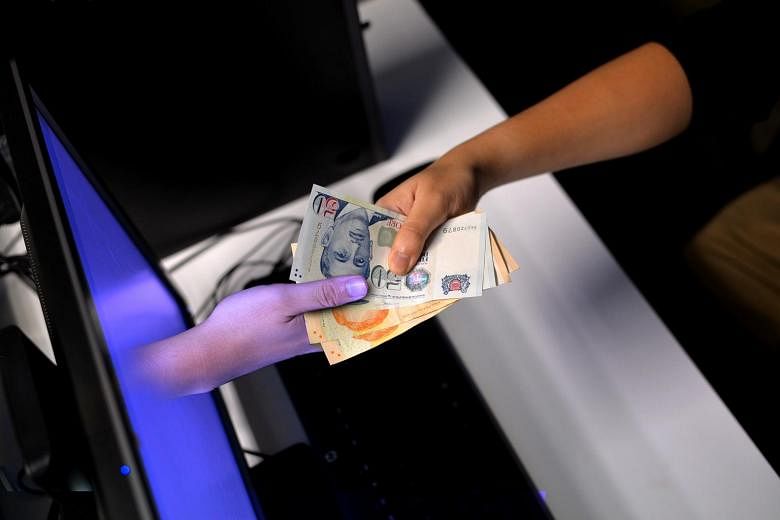More than 800 people have fallen prey to e-commerce scams taking place on online marketplace Carousell this year, forming the majority of such cases reported to police here.
There were 900 cases of e-commerce scams involving $691,700 in losses in the first half of this year, a dip from the 1,006 cases involving $881,400 in losses for the same period last year. The victims made payments for online purchases that were not delivered to them.
A Carousell spokesman told The Straits Times that the fraud incidence rate is less than 0.1 per cent of more than 20 million successful transactions on the portal since its launch in 2012.
"However, we recognise the impact of fraud on our community and are working hard to improve our detection tools and teams. We have features such as user feedback, user verification, and have developments in the pipeline to improve these features," the spokesman said.
"We also employ artificial intelligence to improve our fraud detection and have dedicated teams in place to monitor our marketplace."
Citing the risks involved in buying and selling goods in online and offline marketplaces, the spokes-man said the portal makes it a point to regularly share safety tips and encourage its users to be cautious and practise due diligence when arranging deals.
In January, a 16-year-old girl was arrested for her suspected involvement in several scams on Carousell. She had allegedly advertised slimming cream at attractive prices, but did not deliver the goods after victims transferred money to her.
Ms Shirley Wong, former chairman of the Singapore Infocomm Technology Federation and now managing partner of TNF Ventures, said users can protect themselves by checking if a site is legitimate - for instance, by looking at the URL for verification. They should also look at the reviews of sellers and products.
But reviews can also be fake, so users should look out for "patterns" - for instance, multiple reviews that are similarly worded.
Ms Sylvia Ng, general manager for South-east Asia at Kaspersky Lab, said: "Most people are not that vigilant or attentive when it comes to identifying unsecured shopping sites or fake commerce sites. They are too relaxed when it comes to looking for the bad signs."
The police yesterday advised users of Carousell to meet the seller in person before making any payment.
The police also said there was a rise in Internet love scams, with 349recorded from January to June this year, up from 277 reported cases in the same period last year.
Losses have doubled to more than $22.1 million, up from the $11.2 million in the same period last year.
Many victims said they were instructed by the online casanovas to give their ATM cards, PIN details and bank accounts for the scammer's use.
These "lovers" were actually criminals based in other countries, who were using compromised bank accounts here to receive money from various scams targeting Singaporeans.
Police said the bank account holder may be liable for money laundering offences, which carries a penalty of up to 10 years in jail and/or a fine of up to $500,000.


